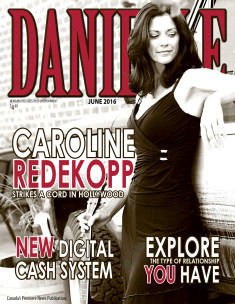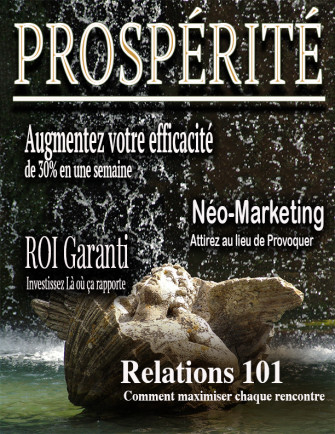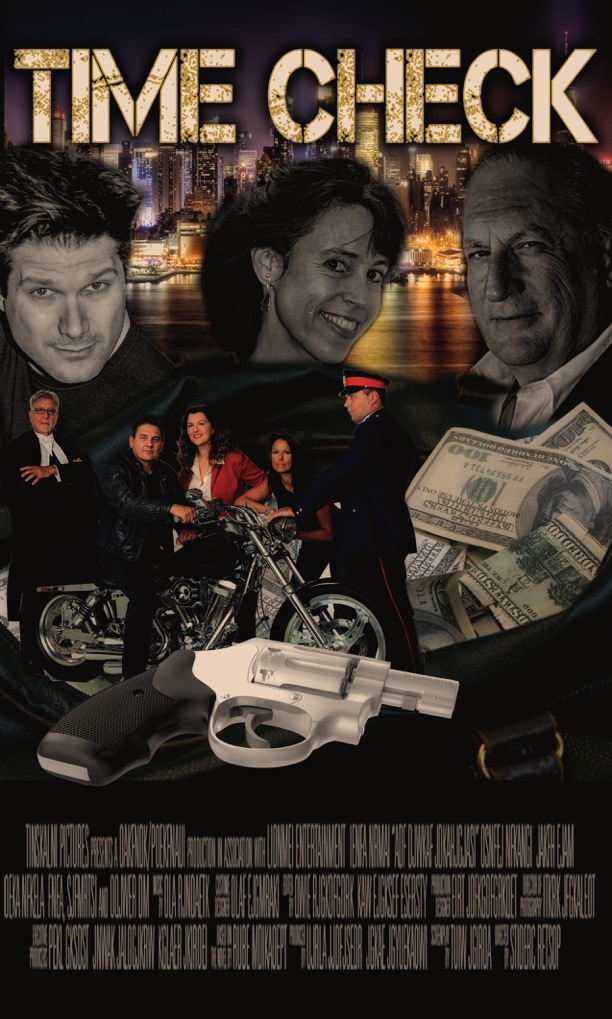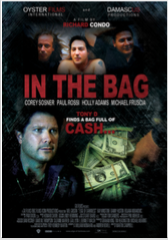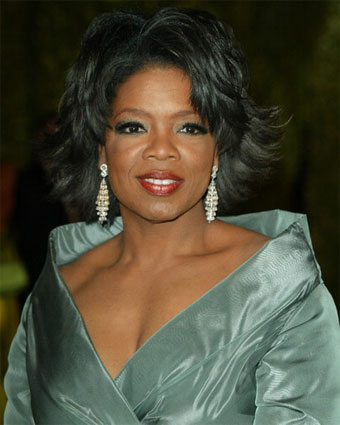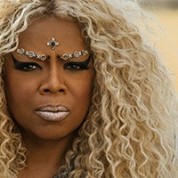Stedman Graham may be best known for being the companion of media superstar Oprah Winfrey, but the New Jersey native has also built a reputation of his own as a best-selling author and leadership guru. The chief executive officer of S. Graham & Associates will be in Toronto next week as the keynote speaker at Exchange Traded Forum 2018, an ETF industry conference. The Financial Post’s Barbara Shecter spoke to Graham about investing, his philosophy of self-leadership and, of course, Oprah.
Q: What are you going to speak about at the Toronto conference?
A: I teach identity leadership, based on the philosophy that you can’t lead anybody else until you lead yourself. Once you understand who you are, you can really focus on becoming the expert in your field. Your clients and your opportunity for success is only as good as you are. The 21st century requires you to be a lifelong learner, to be a self-directed learner, and we’re missing that piece. So what we try to do is teach people to perform at a higher level based on this identity leadership process. It teaches people how to organize the information around them so they can empower themselves.
Q: Does your philosophy lend itself to personal investing? Entrepreneurship?
A: Yes. What we do is we teach personal investors and also people in the financial industry how to organize themselves more around what they love and what they care about to create work-life balance. We teach them how to visualize who they want to be. We also stress the importance of developing a value system — trust is very important in this industry.


Q: What do you think is the missing piece in traditional business and leadership?
A: Right now, the way we learn, we don’t really focus on self-leadership; we’re defined by the outside world. People get stuck based on the labels that they’re given — gender labels, racial labels, family labels, class labels — and so it keeps them from focusing on a process for performance. Thus, you affect the client.
Q: Some systemic issues that keep people boxed in certain parts of the business world are being addressed, such as with a push for greater diversity in boardrooms. What do you think of these initiatives?
A: Certainly from my own experiences, it’s not about how the world defines you but how you define yourself. So it’s not that the world is going to change the perception of who you are a lot of times, it’s about how you change your perception of who you can be. And then take control of your own development and your own opportunities.
Q: Does Oprah follow this philosophy?
A: Of course, of course she follows it. She couldn’t be Oprah… A lot of people who are successful start with their purpose and create a vision. They know who they are, that’s the first thing, and they know what they want to achieve.
Q: I think I cut you off. What were you saying about Oprah?
A: I’m just saying that the process for success is the same for her as anybody else who’s successful, and knows who they are. The key is to know who you are and she certainly does. She knows exactly who she is, she is constantly improving all the time. I’m not trying to take responsibility for her success — I’m sure I’ve had some impact. As well, she’s had some impact on my success in terms of thinking and changing the way you think. But I know this: you cannot achieve success if you don’t know who you are. As well, you can’t measure success by the amount of money you make. You measure success by your ability to self-actualize your potential as a human being, and to take control of your development. It’s a continuous journey.
Q: You’ve also worked with companies on legacy building. Can you talk about why your philosophy can be useful to those who inherit wealth?
A: A lot of times they identify themselves by their parents, and they have no identity. I understand that very well because I’m often defined by, you know, the world defines me oftentimes by my relationship, they define me by race, and a lot of different things.
Q: Is it harder to define oneself in an era of social media and the 24-hour news cycle? For example, there was recently speculation about Oprah running for President of the United States and you made one comment and it was everywhere instantly.
A: That’s a beautiful question. What happens is you have to go back to the core. Yes, Oprah can all of a sudden be all over Twitter in seconds and the message can go out, but if she follows the message and that’s not who she is, then she’s going to be messed up. She’s not going to do very well in her life. She’s going to be off centre, she’s not going to be able to focus on what she’s doing because she doesn’t know who she is. So you’re following the external world and the way they control you based on information and media. You certainly can’t create anything today if you turn your power over to the world to define who you are because whoever defines you will define you as less than them. So they will control you, and then that’s where the frustration is.
• Email: [email protected] | Twitter: BatPost




